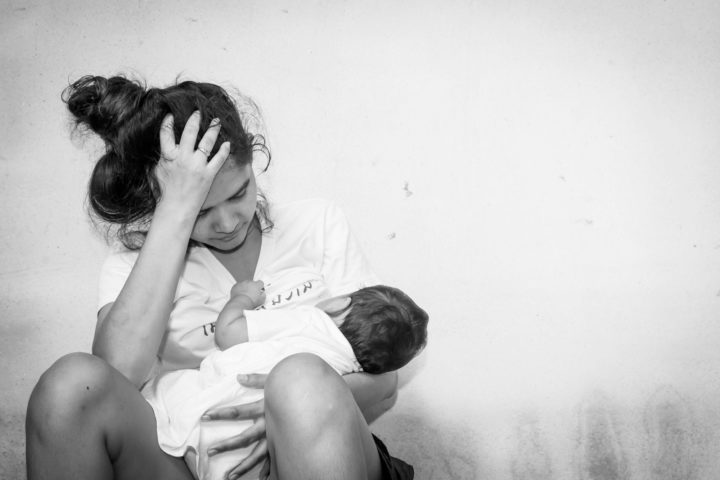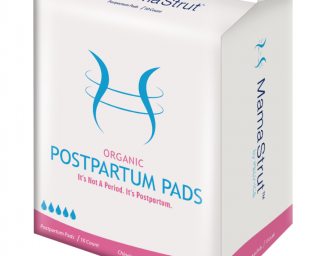 There’s a painful irony in being told over and over how important sleep is to your physical recovery of childbirth, and in staving off depression, and then not being able to sleep, even if your baby is sound asleep.
There’s a painful irony in being told over and over how important sleep is to your physical recovery of childbirth, and in staving off depression, and then not being able to sleep, even if your baby is sound asleep.
Many women experience some type of postpartum insomnia, even though the cause and severity of it can vary from person to person. Most new parents will be sleep deprived, but the difference between this and insomnia is an inability to fall asleep or stay asleep.
Stressors or major life changes (good or bad) are a common cause for insomnia, combined with hormonal changes that can disrupt natural sleep patterns, as well as an increased alertness for your baby all add to the likelihood of insomnia. A lack of quality sleep and depression are also cyclical, which can exacerbate other health concerns.
Instinctual ways to beat insomnia can actually make it worse, the University of Michigan’s Leslie Swanson, Ph.D says
Unhealthy bedtime behaviors include spending long periods in bed when frustrated or anxious and “trying” to sleep; inconsistent bed and wake times (usually because moms are timing their sleep to the infant, who doesn’t yet have a circadian rhythm); and thinking in bed
Women caring for newborns often don’t get as much natural light as they should, and increasingly reach for a blue light producing phone when they can’t sleep. Both of which can affect the body’s levels of serotonin and melatonin, necessary chemicals for mood and sleep.
Some ways to treat insomnia without the use of medications include reducing screen time for about an hour before going to bed; getting out of bed and doing another quiet and calm activity like reading or drawing until you get tired, then going back to bed to try and sleep again; asking a partner or family members to help with household tasks to try and alleviate some stressors.
Often a rhythm will work itself out, but if insomnia persists for more than 6 months, a doctor or sleep specialist should be consulted.







